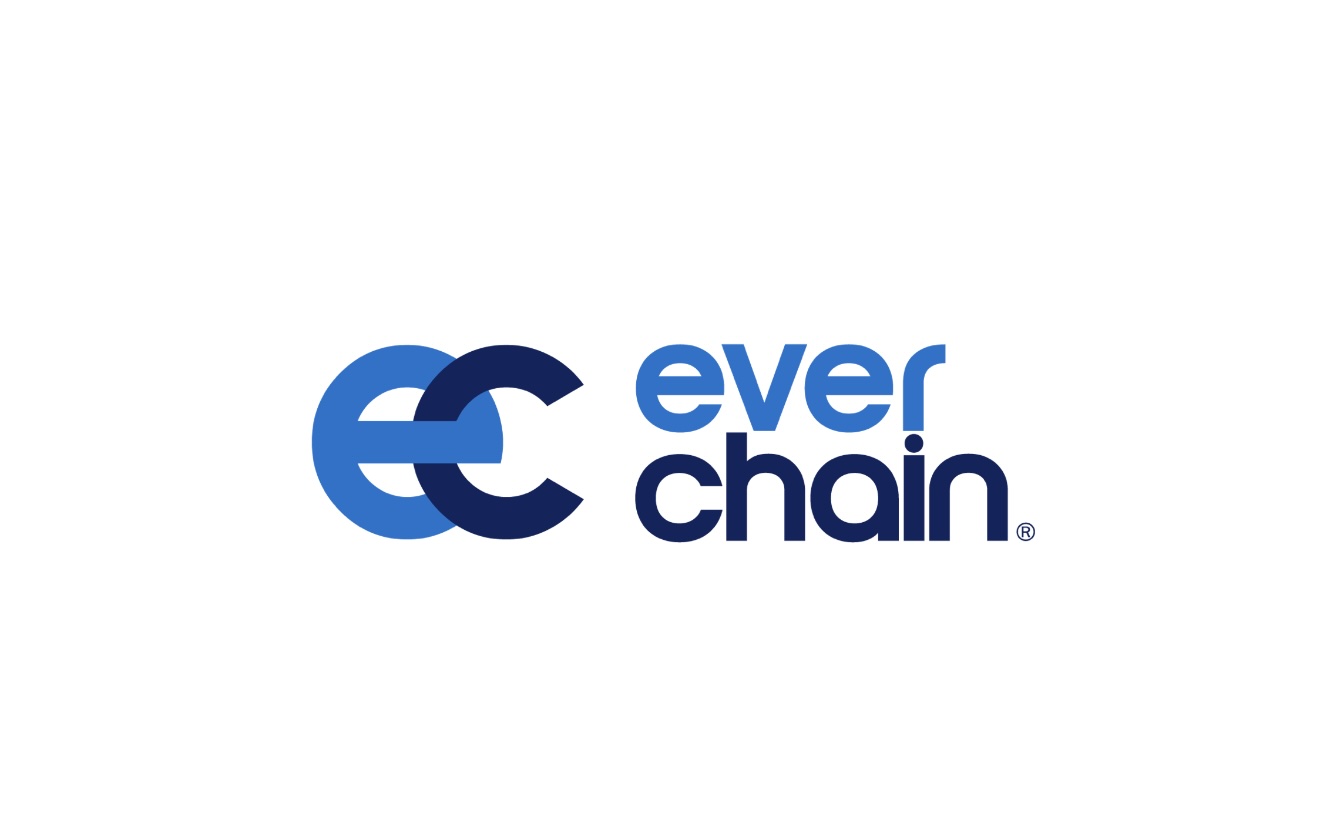Source: site
Nonbank financial firms—such as private credit funds, fintechs, investment funds, and stablecoin issuers—have seen rapid growth with less regulatory oversight compared to traditional banks, creating an increasingly risky and imbalanced financial system. This unchecked expansion now faces mounting scrutiny from policymakers and regulators, as systemic vulnerabilities threaten to trigger a reckoning for both nonbanks and the broader economy.
Key Risks from Nonbank Firms
Nonbanks have grown to represent about half of global financial assets, driven largely by aggressive lending and investing practices in areas like private credit, real estate, and crypto assets. Many operate under lighter regulations, lacking the rigorous capital standards, stress tests, and supervision imposed on banks. This has allowed risks—including excessive leverage, liquidity mismatch, and interconnectedness—to accumulate, which could quickly transmit shocks to the banking sector if distressed, amplifying crises and complicating management. Heightened market volatility, asset price declines, and tighter financial conditions have further exposed these systemic risks in 2025.
Market Instability and Recent Developments
Recent reports from central banks and international organizations highlight rapidly rising private credit volumes, vulnerability in commercial real estate, and the proliferation of stablecoins. These segments not only pressure regulated banks but also create new channels for risk to spread throughout the financial system. Stress testing suggests that significant stress in nonbank sectors could sharply reduce bank capital ratios, especially in the US and Europe. Market turmoil has already required regulatory interventions in certain regions, and some countries have faced spikes in bankruptcies among firms exposed to nonbank risks.
Regulatory Responses and Proposals
Policymakers have started to respond. The US GENIUS Act and international collaborative efforts aim for regulatory parity: “same activity, same size, same regulation.” However, progress is uneven and slower outside the US and Europe. The IMF, EU, and other organizations advocate stronger data collection, systemic stress tests, improved liquidity management tools, and cross-sector supervision to manage looming threats.
Outlook
A reckoning appears inevitable unless decisive steps are taken to address the imbalance and expand nonbank regulatory oversight. Policymakers are warned that further expansion of nonbanks under lighter rules could precipitate broad economic challenges, potentially requiring bailouts and triggering steep losses—a lesson likely to be learned at great expense if risks are not urgently contained.




